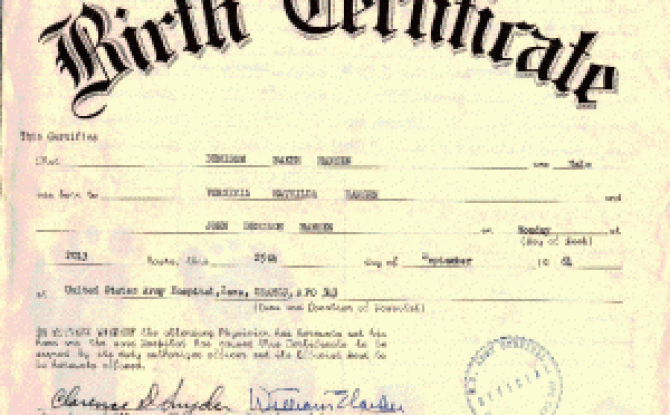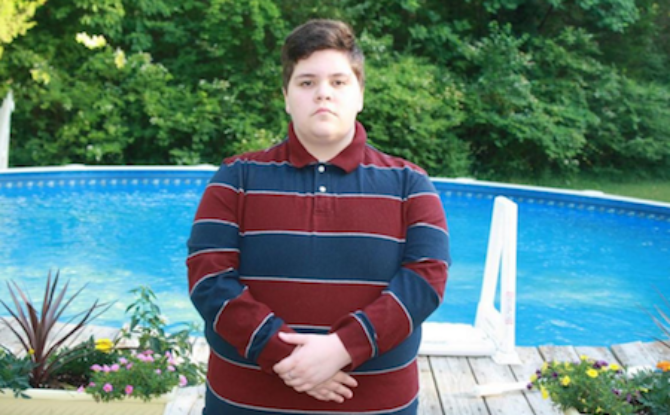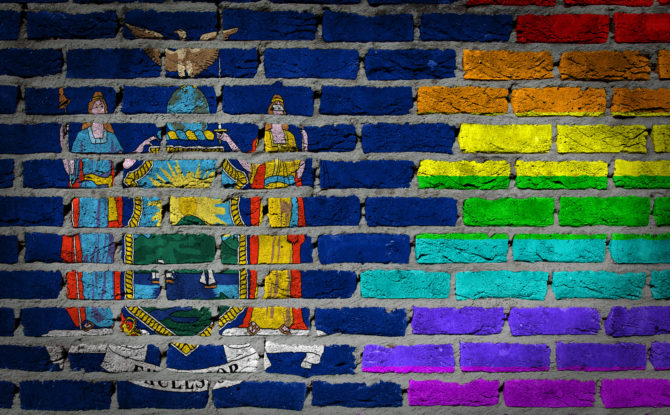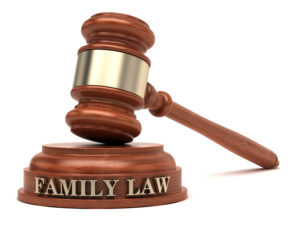In a case that could have significant implications for how the courts view gender identity discrimination – and perhaps sexual orientation, as well – the Supreme Court, on October 28, announced it will review the Fourth Circuit Court of Appeals’ decision in Gloucester County School Board v. G.G., which upheld the Department of Education’s requirement that a Virginia school district let a transgender teenage boy use the boys’ restroom facilities.
The April 19 ruling by the Fourth Circuit overturned a 2015 district court ruling that found that the DOE overstepped its authority in its interpretation of Title IX of the Education Amendments Act of 1972.
The Gloucester case has been closely watched by LGBT lawyers and legal commentators because it provides the high court with a vehicle to examine the broader question of whether federal laws prohibiting discrimination “because of sex,” most passed decades ago, can now be construed to forbid gender identity discrimination and, maybe, also sexual orientation discrimination, despite the obvious fact that legislators in 1960s and 1970s had no such intent when enacting those statutes.
Framed a different way, the question is one repeatedly raised by the late Justice Antonin Scalia: Are we governed by the intentions of our legislators or should the courts rely instead on reasonable interpretations of the actual text of the law? Scalia, who was an ardent foe of using “legislative history” as a method of statutory interpretation, decisively argued that courts should focus on the language of the statute, not viewed in isolation but rather in the context of the overall law, including any specific declaration of congressional purpose contained in it.
On that point, ironically, this justice who was notoriously hostile to gay rights claims won unanimous concurrence by his colleagues in a significant 1998 ruling that laid the groundwork for advances in LGBT rights. In Oncale v. Sundowner Offshore Services, Inc., the court held that a man employed in an all-male workplace could maintain an action for hostile environment sexual harassment under Title VII of the 1964 Civil Right Act, even though it was unlikely that Congress at that time was thinking about same-sex harassment when it included “sex” as a forbidden grounds for workplace discrimination.
Relying on the statutory text, Scalia wrote that Joseph Oncale, who was sodomized with a bar of soap and threatened with rape, would have a valid Title VII claim if he could prove that he was harassed “because of sex” as specified by the 1964 law. The Equal Employment Opportunity Commission (EEOC) has prominently quoted from Scalia’s Oncale opinion in its federal employment rulings in the last several years holding that discrimination because of gender identity and sexual orientation is “necessarily” discrimination “because of sex,” even though the 1964 Congress would not have thought so.
Though the claims of Gavin Grimm, the transgender plaintiff in the Gloucester case, do not directly involve Title VII, federal courts have generally followed Title VII precedents when they interpret the sex discrimination ban in Title IX, as the Fourth Circuit explained in this case.
The controversy arose when fellow students and their parents objected to Grimm using the boys’ restrooms during fall term of his sophomore year, in 2014. The high school’s principal had given Grimm permission to use the boys’ restrooms after learning of his transition and his discomfort with continuing to use the girls’ restrooms, since he was dressing, grooming, and – most significantly – strongly identifying as male.
Responding to the complaints, the Gloucester County School Board established a policy under which students were required to use the restroom consistent with their “biological sex” as identified on their birth certificate or to use a private gender-neutral restroom, of which there were a few in the high school. Grimm enlisted the American Civil Liberties Union of Virginia to sue the school board, and the case was assigned to District Judge Robert G. Doumar, who was appointed by President Ronald Reagan in 1981. Grimm’s complaint relied on Title IX as well as the Equal Protection Clause of the 14th Amendment.
In ruling on Grimm’s motion for preliminary injunction, Doumar found that he could not sustain a Title IX claim because its regulations expressly allow schools to maintain separate restroom facilities for boys and girls based on “sex,” so it was not unlawful for Grimm’s school to require him to use restrooms consistent with his “sex” which, in the school board’s view, was female.
The district judge rejected the ACLU’s claim that he should defer to the DOE interpretation of the “bathroom regulation,” articulated in a letter the department’s Office of Civil Rights (OCR) sent in January 2015 as a “party in interest” in response to Grimm’s request for its assistance. The OCR took the position, consistent with recent developments in sex discrimination law, that Grimm should be treated as a boy because it was undisputed that this is his gender identity and so under the regulation he was entitled to use the boy’s restroom – though he could also request as an accommodation to have access to a private gender-neutral facility.
To Doumar, the regulation’s text was clear and unambiguous, so the OCR’s attempt to interpret the regulation in favor of Grimm’s claim was not entitled to deference from the court. To accord that interpretation deference, he wrote, would allow the OCR to “create a de facto new regulation.” If the OCR wanted to change the regulation, the judge found, it should go through the time-consuming procedures set out in the Administrative Procedure Act, which would be subject to review in the Fourth Circuit Court of Appeals.
In his opinion, Doumar referred to Grimm as a “natal female,” unwilling to credit the idea that for Title IX purposes he should be treated as a boy. The case, the judge concluded, presented the simple question whether the school board had to let a girl use the boy’s restroom, and under the “clear” regulation the answer was “no.”
Doumar dismissed Grimm’s Title IX claim, and reserved judgment on his Equal Protection claim.
Click here to read the entire article.


















